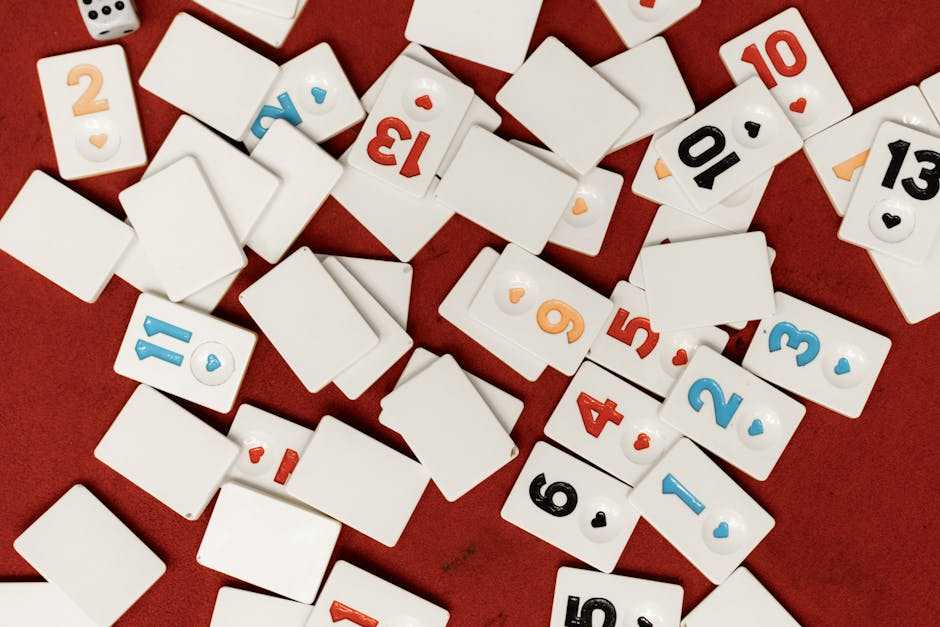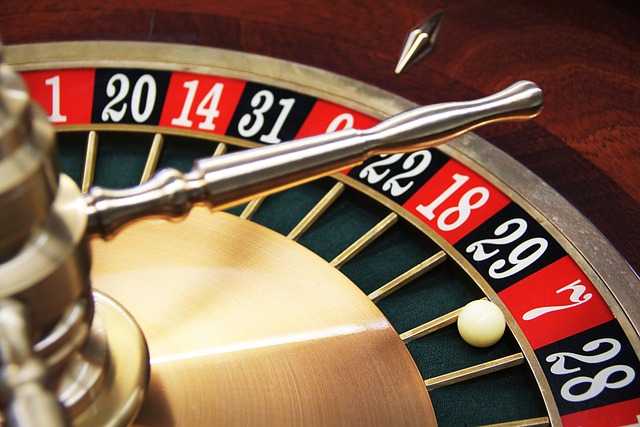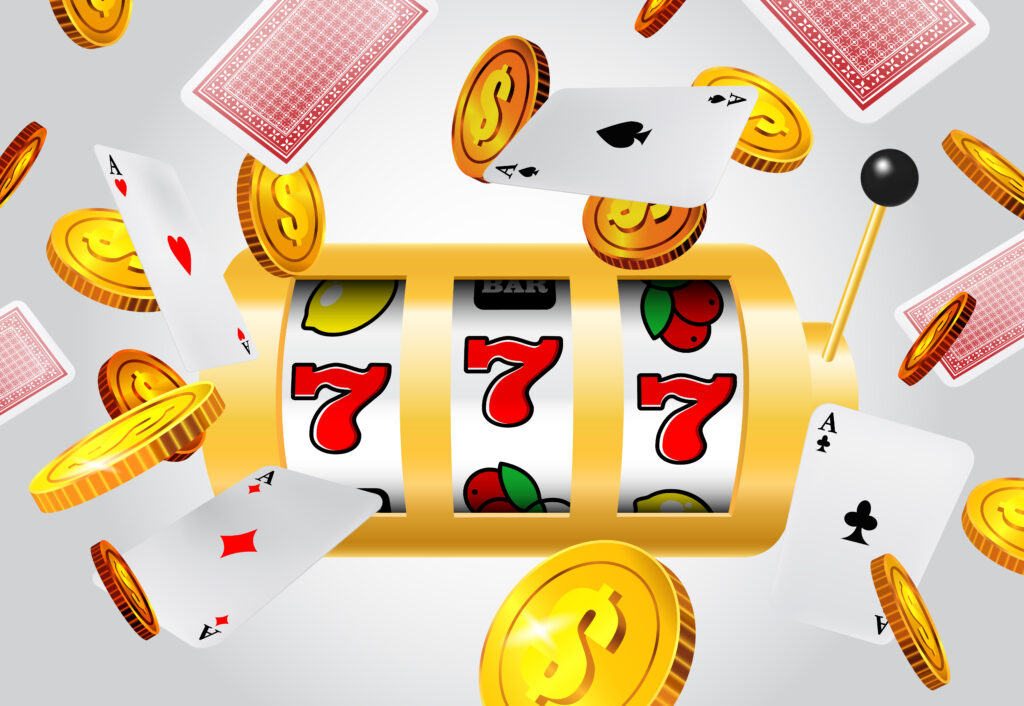Quick Breakdown: Why We Take Gambling Risks
Gambling might look like a numbers game, but beneath the surface, it’s a mental game and your brain is the house.
When someone places a bet, it rarely feels reckless in the moment. It feels like a near certainty, a calculated move, a gut instinct that just happens to sync up with chance. That’s because risk taking taps into hardwired survival systems meant for judging threats and rewards. The trouble is, gambling hijacks those same systems, pushing us to chase patterns and rewards that aren’t really there.
Impulse plays a huge role here. One part of the brain pushes for instant gratification the flash, the win, the rush while another part, the prefrontal cortex, tries to pump the brakes. That tension doesn’t always stay balanced. Under enough stress, or after one too many “almost wins,” that rational part gets quieter.
In short: gambling risk isn’t blind luck or wild guesses. It’s a psychological tug of war between habit, reward, and control. And the systems built to keep us safe? Sometimes they get tricked.
Spotting the Big Biases
Let’s call it what it is: your brain lies to you when you gamble. It’s not sabotage it’s wiring. These four distortions are common, sneaky, and dangerous if you don’t know they’re at play.
Illusion of Control
Slot machines, roulette, scratch tickets none of these are games of skill. Still, many gamblers believe they can influence the outcome with timing, rituals, or experience. Tap the button twice. Always sit at the third machine. That false sense of control is comforting and expensive.
Gambler’s Fallacy
You just lost five coin tosses in a row, so the next one has to be heads, right? Wrong. The odds haven’t changed, but your brain insists they have. This fallacy convinces people that streaks mean something, making them chase the next round harder usually with worse results.
Confirmation Bias
You remember the time you won after sticking with one number for hours. But you forget the dozens of times that same strategy bled your wallet dry. Gamblers tend to notice wins that confirm their beliefs and ignore the mountain of data proving otherwise.
Near Miss Effect
You almost hit the jackpot. One more cherry. One number away. Feels like encouragement, but it’s just design. Near misses hit the brain’s reward system nearly as hard as actual wins fueling the illusion that you’re getting warmer.
The more you understand these cognitive traps, the easier it is to take a step back. Awareness might not win every battle, but it gives you a fighting chance.
For a deeper dive, check out the full breakdown here: gambling distortions explained.
Your Brain on Dopamine
When you gamble, your brain doesn’t just register the hope of a win it lights up like it’s been offered something vital. Gambling triggers the same reward centers as sugar, drugs, and social media. That’s dopamine doing its job. It’s a neurotransmitter that keeps you coming back for the next hit, even when you know better.
The pull gets stronger with what scientists call variable reinforcement. You don’t win every time. Sometimes you win a little, sometimes nothing, and sometimes the payout feels huge. That unpredictability is key. It’s the same mechanic that keeps people glued to slot machines, scratch offs, and even loot boxes.
And those small wins? They’re more dangerous than they look. They teach your brain that success is possible, just around the corner, if you keep going. Over time, this random pattern wires a loop: play, maybe win, repeat. Once locked in, it gets harder to step away even when you’re losing more than you gain.
So no, it’s not weakness. It’s chemistry. Understanding that is the first step toward taking control.
Spot the Trap Before You Fall In

It’s easy to miss when your thinking starts to tilt. You’re in a flow, chasing a feeling, caught up in the rhythm of the gamble. But some signs are clear once you know what to look for. If you’re convincing yourself a big win is “due,” minimizing losses as “part of the path,” or tunnel visioning on getting back to even, your mindset might be off.
Gut check starts with a few basic questions:
Would I make this bet if I wasn’t down right now?
Am I still playing for fun or for escape?
Has my logic shifted since I started?
If the answers start to wobble, it’s time to pause. That doesn’t mean quitting forever. It means stepping back. Walk away. Breathe. Get back in touch with your actual goals. You’re not a human calculator you’re a human. And in gambling, overthinking or not thinking at all can both cost you. Reset your head before your wallet takes the hit.
How to Fight Back: Mental Tactics that Work
Let’s be real gambling triggers can’t be eliminated, but they can be defused. The first line of defense? Reframe what a win or loss actually means. A $100 gain isn’t a sign to raise the stakes. A $50 loss doesn’t mean you’re due for a comeback. Try thinking of each session like a movie ticket if you’re up when it’s over, great. If not, that was entertainment, not a strategy failure.
Mindfulness matters. Small moments of pause change the game. Before that next spin or hand, check in with yourself. Are you chasing? Feeling off? Take ten seconds. Breathe. That simple act can interrupt impulse and bring decision making back online.
Structured limits are next. Decide your cap money, time, or both before logging in or walking through the door. Set a timer. Bring cash, leave cards. These aren’t buzzkills; they’re anchors. They let you enjoy the experience without drifting into chaos.
When mental traps become habits, it’s time for backup. Talk to someone neutral support groups, therapists, even honest friends. The goal isn’t shame it’s clarity. Mental patterns get slippery fast, and a second set of eyes can stop the slide.
Need a deeper look into what’s going on upstairs? Check out gambling distortions explained.
Moving Forward with Awareness
Let’s be clear: the goal isn’t to ban gambling outright. It’s to engage with it in a way that doesn’t wreck your mindset, wallet, or relationships. Gambling with clarity means making decisions with full awareness of your triggers, not in reaction to them.
Biases don’t vanish just because you name them but knowing they exist gives you leverage. You shift from being a passenger to sitting behind the wheel. That pause before chasing a loss or thinking, “I’ve got a system” that’s where control begins.
Stay updated on how your brain plays tricks on you. Keep tabs on patterns, watch for spirals, and make reflection a habit. If you can be honest with yourself even when it’s uncomfortable you’re already ahead of most. When gambling becomes a conscious choice, not just a reflex, you start playing smarter. Simple as that.




